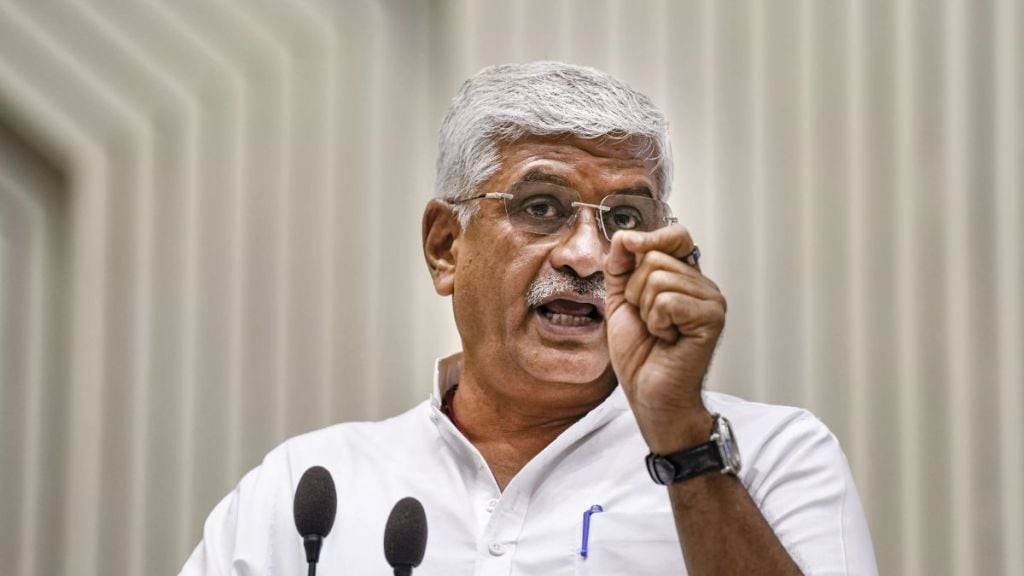Culture could soon become a key driver of India’s growth story if the ideas discussed at the Maitri Cultural Economy Summit (MCES) take shape. At the conference held in the capital on Saturday, policymakers, economists, and cultural leaders urged that India’s traditional arts and heritage be viewed not as symbols of the past but as engines of future prosperity.
Organised by MaitriBodh Parivaar at Le Méridien Hotel, the closed-door event drew over 100 participants, including ministry representatives and experts from across sectors.
Union Minister for Culture and Tourism Gajendra Singh Shekhawat, the chief guest, said Prime Minister Narendra Modi envisions an economy rooted in India’s culture. “Along with progress, we must also honour our heritage,” he said. “Culture is not just an identity but a pillar of economic strength that drives employment, innovation, and creative industries.”
Shekhawat called for the creation of an ‘Orange Economy’—a culture-led economic model—and urged that traditional arts and heritage be treated as investment opportunities. “With the support of the service sector, a culture-based economy can achieve new dimensions,” he added.
The summit unveiled the 5Ps Framework—Performance, Potential, Path, Plan, and Policy—developed by Gopal Krishna Agarwal, BJP National Spokesperson (Economic Affairs) and Patron of MCES. The model outlines how India can weave cultural capital into mainstream economic policy to benefit both rural and urban sectors.
Maitreya Dadashreeji, Founder of MaitriBodh Parivaar, said India’s ancient traditions such as Yoga and Ayurveda have become global economic strengths, proving that culture-driven growth can lead to sustainable prosperity.
Agarwal said the Policy Recommendations Report, authored by him, will be submitted to the government to help shape initiatives for a culture-driven economy.
Experts described the effort as “a new beginning” in aligning India’s cultural wealth with modern development goals.


